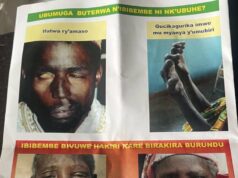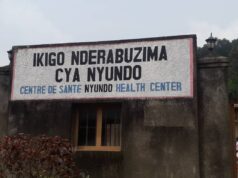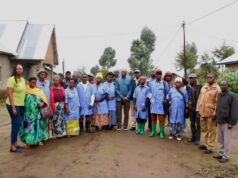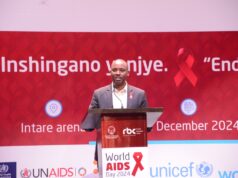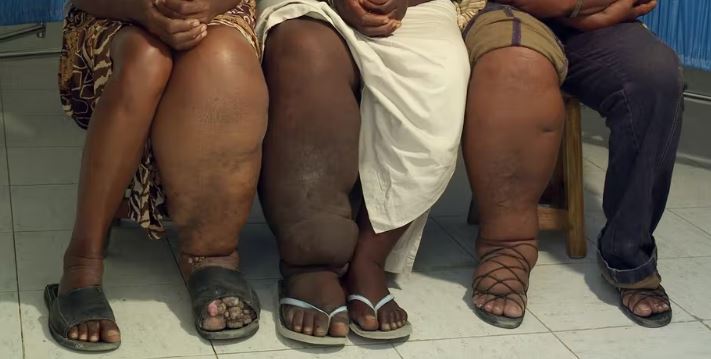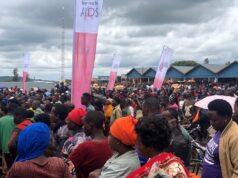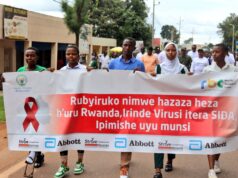
Charles Ndushabandi.
Rwanda on 7th November begin giving Covid-19 booster vaccine shots to high-risk groups the wake of reports of the new Omicron Covid-19 variant, the government has said.
The booster vaccine shoots started in Kigali with frontline workers, people above the age of 50, and people aged between 30-49 with underlying health conditions or suppressed immunity these include persons living with HIV/AIDs and other diseases.
According to the Ministry of Health, the vaccination that will gradually be extended to more districts, is accessible at health facilities, district hospitals, and other designated areas. The booster shot will be administered to the eligible groups at least six months after receiving full doses.
Rwanda’s Minister of Health, Dr Daniel Ngamije, said that the decision to give a booster shot came following reports that the Omicron variant could be a challenge to the vaccine and other available Covid-19 treatment drugs.
“As we gather sufficient information about the new variant, no effort is spared to reduce the risks of having the variant spread to Rwanda,” the minister said.
By announcing start of giving boosters Rwanda joined African nations, including Seychelles, Mauritius and South Africa, that are administering booster shots to various categories of people such as the elderly and health-care workers.
Nations across the world are quickly moving to give additional doses amid new Covid-19 variants, including the recent Omicron was first detected by South Africa. That’s even as most people in Africa remain unvaccinated, partly because of inadequate supplies, hesitancy and logistical challenges.
Rwanda has vaccinated about 10 million people, of which 3.8 million are fully inoculated as of Dec 6th, according to the health ministry. The East African nation of approximately 12 million people targets to vaccinate 60% of its population by June 2022.
Speaking before parliament last week on vaccination Prime Minster Eduardo Ngirente not that everyone would get vaccinated as it is the government’s duty to protect those who have been vaccinated.
Noting that it was one’s right not to get vaccinated, but it is his or right to spread the disease to others who have taken measures to protect themselves and are obedient to health protocols. Adding that it is the reason as to why people who are not vaccinated to go into large gatherings.
“We procured vaccines using government resources and other sources, administered them for free, conducted campaigns to raise awareness, so no one has the right to frustrate those efforts,” he explained.
What are the benefits Booster shots
Two doses of COVID-19 vaccine provide very good protection, especially against severe disease.
A booster dose will make sure the protection from the first dose is even stronger and longer lasting, and should help prevent spread of the virus.
A booster dose increases your protection against: infection with the virus that causes COVID-19, severe disease, dying from COVID-19.
A booster dose will continue to protect you, your loved ones and your community against COVID-19.

